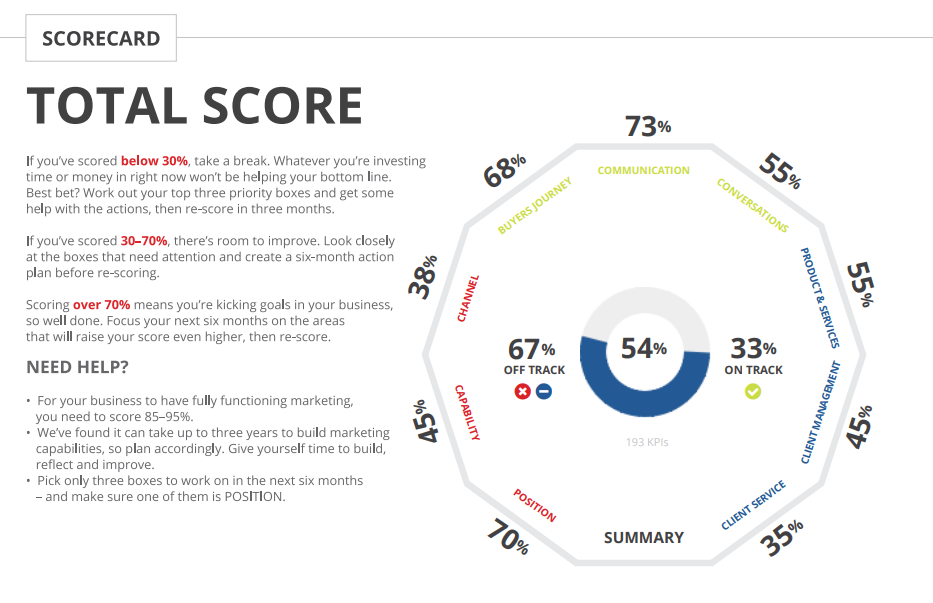The Random House Unabridged Dictionary offers the following as one definition of “recession”:
re·ces·sion -noun [Pref. re- + cession.] The act of ceding back; restoration. Yield.
-noun [Pref. re- + cession.] The act of ceding back; restoration. Yield.
A period of an economic contraction, sometimes limited in scope or duration.
I like this. It reminds us that economic contractions and expansions are opposite yet complementary stages in a normal evolving cycle — like ebb and flow, depart and arrive, inhale and exhale. When one occurs, it’s only a matter of time before the other follows. You can bank on it. (In other words, keep your cool and don’t over-react. This too shall pass.)
Restoration
This definition also hints at the “up” side of an economic downturn: The possibility of “restoration”. This is a perfect time for “housecleaning” and strategic adjustments to restore systemic and support systems. These vital activities keep a business strong, but too often get shoved to the back burner when the economy is strong and business is booming.
RE + Cession = “Opportunity for Progression”
It’s simply a mindset. While you can’t control the economy, you can control your response to it.
I propose spending less time obsessing about the “cession” and more time focusing on its prefix — “RE.” Take advantage of the soft economic climate. Use the time to proactively engage in positive, core-strengthening activities that will improve your business, today and in the long run.
Five Tips for Turning “Recession” into “Restoration”
Here are some pointers to help you RE-start your company’s “profit engines”:
1. RE-view & RE-enforce the integral structures of your business.
- Take note of what’s working and what’s not. Make the necessary RE-adjustments.
- Start new initiatives to get your business back on track and moving forward.
- Improve productivity and efficiency rather than (or in addition to) cutting costs.
2. RE-invent your product or services.
- Do competitive RE-connaissance. (What are similar companies offering?)
- RE-search your current and target customers’ wants and needs.
- Eliminate or have a “fire sale” for any slow-moving, outdated, or redundant offerings.
- Shift your focus to your top RE-venue generating products or services.
- Consider add-on strategies (cross-selling, bundling, etc.) and RE-curring income options.
3. RE-new your marketing strategies.
- RE-fresh your business’ brand to fit the times and your target customers’ needs.
- RE-evaluate your Web site content. (Is it clear, compelling, and customer-focused?)
- RE-vive innovative ideas and projects shelved during busier times.
- RE-ach out to assure your existing customers you are still around.
4. RE-charge your team.
- RE-build employees’ awareness of your business vision and mission.
- RE-engage your staff with motivation building activities.
- RE-energize your sales force with relevant incentives.
- RE-train and cross-train where needed to increase efficiency.
- RE-ward excellence. (Not the best time to give monetary bonuses? Get creative! The benefits of any investment to increase employee satisfaction, retention and production are priceless.)
5. RE-connect with current and past customers.
- Ask customers for their opinions. Listen to their input. Act on the knowledge.
- If they no longer buy from you, find out why. (They may not have told you they were dissatisfied, but studies show they’ve likely told at least 10 others.)
- RE-move barriers that prevent them from getting what they need.
In summary, don’t let a soft economy be your excuse for failure. Use it as a strategic opening for success. RE-focus your attention on ways to improve, instead of worrying about what may (or may not) happen with the economy. It will not only improve your overall attitude, but will strengthen your business.
While others are busy obsessing about their problems, those looking for creative possibilities will not only get through a tough economic phase, but will prosper. By staying focused on energetic marketing and positive business development, you may find that’s all you need to weather any storm.


